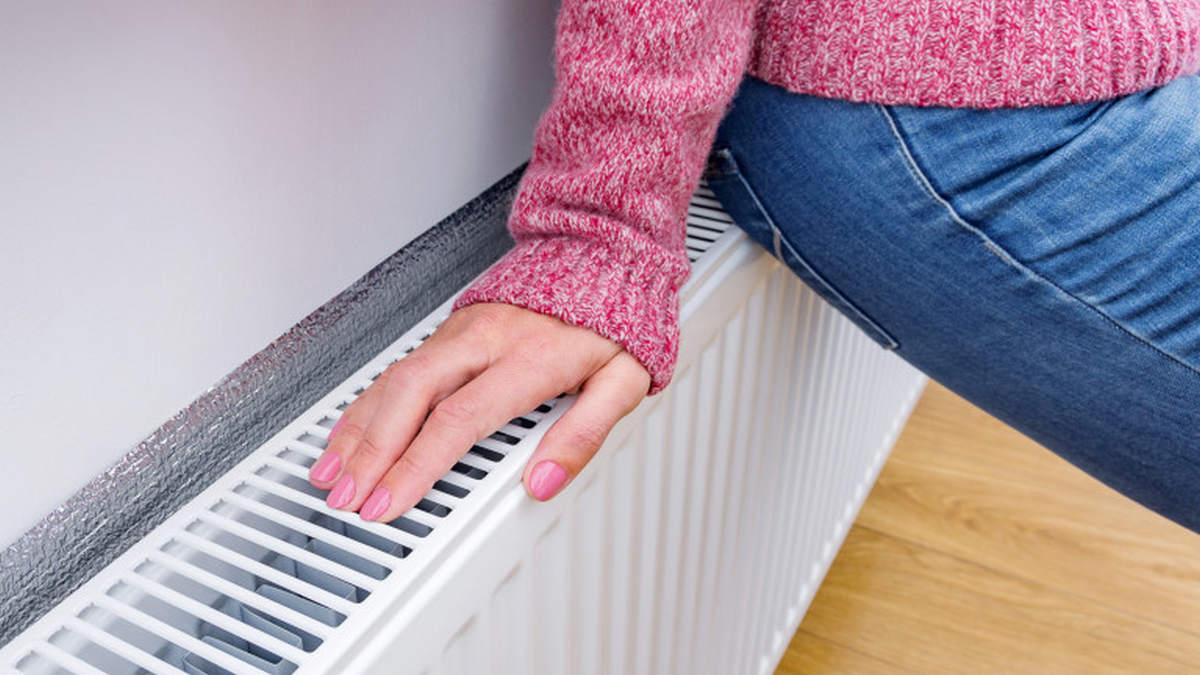Millions of people across Europe may not be able to afford to heat their homes this winter as gas and electricity prices rise sharply.
Experts, anti-poverty organizations and environmental campaigns warn that the coronavirus pandemic and rising prices have exacerbated a long-standing problem of a combination of high electricity costs, low household incomes and inefficient homes.
The European Union describes energy poverty as the inability to afford “adequate thermal comfort indoors.” Only four European countries – France, Ireland, Slovakia and the United Kingdom – have official definitions, but experts say the problem is widespread.
Now, due to rising prices, even more households run the risk of being disconnected from the electricity and gas networks because they are unable to pay their bills. Many of them are vulnerable because during the pandemic, their incomes fell and their bills rose. Retail, hotel and airline workers were particularly hard hit, many of whom lost their jobs.
A recent study by Stefan Buzarowski, a professor at the University of Manchester and head of the Engager research network on energy poverty, found that up to 80 million households across Europe were struggling to keep their homes warm before the pandemic.
According to the Right to Energy Coalition, a group that includes trade unions, environmental organizations and NGOs, seven million European households receive power outages each year.
At the same time, energy prices are rising as gas suppliers try hard to replenish stocks, depleted by high demand for last winter’s heating and hot summer air conditioning. This deficit has led to consumer and wholesale prices reaching record levels.
According to him, from 20% to 30% of the population of Europe face general poverty, while up to 60% suffer from energy poverty in some countries.
Bulgaria has the highest share of energy-poor people in Europe (31% of the population), followed by Lithuania (28%), relatively warmer Cyprus – 21%, and Portugal – 19%. Switzerland’s population is the least vulnerable to energy poverty – 0.3%, followed by Norway – 1%.
Experts and campaigners have argued that the European Union should legislate to ban suppliers from disconnecting households from energy sources in the short term. But they warn that only a reduction in gas dependence and the introduction of more renewable energy sources into the energy balance can curb price spikes in the long run.
Observers also warn of the possibility of political unrest if governments do not take steps to provide assistance to households.
“There may be an increase in yellow vest movements in Europe,” Buzarowski said, referring to protests that have shaken France in recent years.
Rising fuel prices sparked protests across Bulgaria in 2013, which led to the overthrow of the government and sparked smaller demonstrations in 2018.
EU Energy Commissioner Kadri Simson said earlier that EU countries could use “tools” to rectify the situation.
“Sales tax and excise policy, targeted measures for low-income and vulnerable energy consumers or temporary measures for households and small businesses, as well as direct consumer support – all these are steps that can be taken in full compliance with EU rules,” she said. she after a meeting with Slovenian energy ministers.

